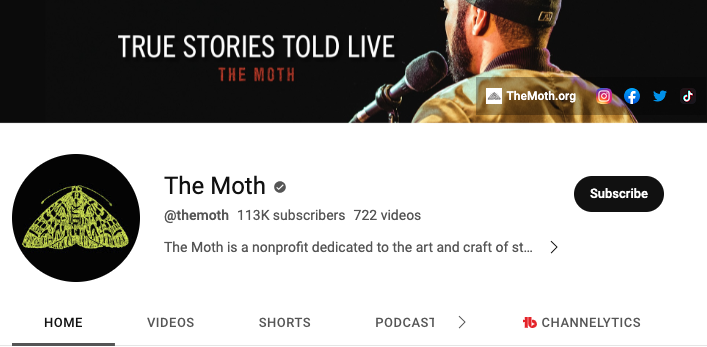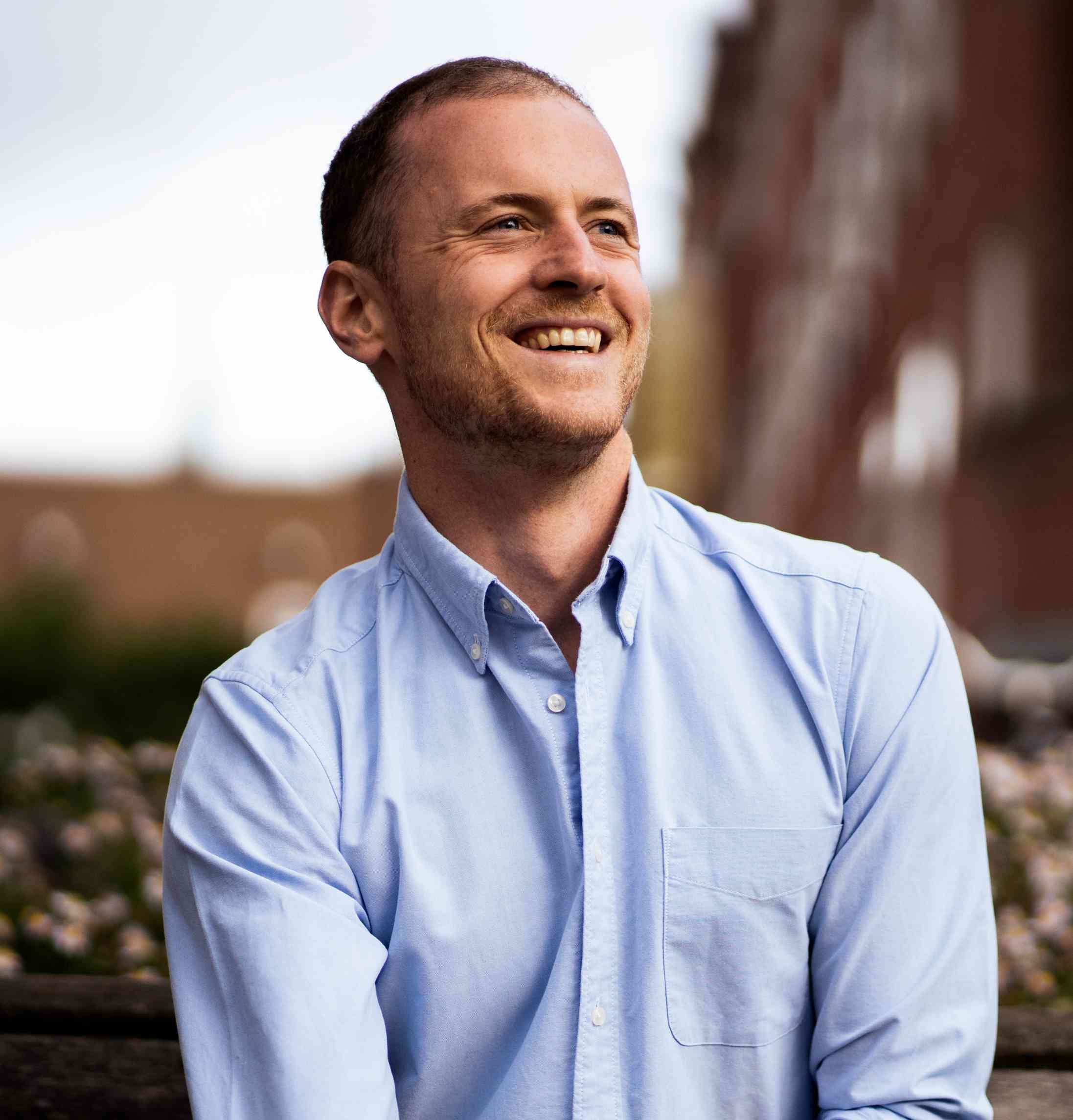When I began my storytelling journey, I had this notion of finding the perfect story. You know, the kind that would leave my friends in awe, saying, “You’re such a gifted storyteller, Philipp!”
Disclaimer: That hasn’t happened… yet.
What happened instead? By thinking that I’d have to have the perfect story, I rarely told any stories. Without telling any stories, my storytelIing skills stayed at the same level.
But here’s what I realized: 1) My stories don’t need to be flawless, and 2) I can improve much faster by telling small, imperfect stories.
If I were starting over, I’d challenge myself to share tiny stories every day.
So, where can you find these perfect opportunities? Well, it’s a question we hear constantly:
“How are you?”
Typically, people respond with a generic “Good. How about you?” or a comment on the weather.
Don’t do that.
Instead, respond with a tiny story that reveals something interesting about yourself, something that makes you more human.
Here’s an example.
If someone asked me today, “How are you?” here’s how I would reply:
“I’m good. Yesterday, I experienced a moment of relief. You see, my mom visited me over the weekend. I adore her more than anything in life, but whenever we’re together, I somehow revert back to my grumpy, rebellious teenage self. Anyway, when was the last time you saw your family and how was that for you?”
Do you see what I did there? I shared a short, intriguing story about my recent experience and then asked about theirs.
Now, what kind of stories can you tell? Well, anything more interesting than the weather or traffic. Have you had any fascinating experiences lately? Have you learned a new skill? Has something minor annoyed you?
So, the next time someone asks, “How are you?” respond with a tiny story. It’s a beautiful exercise that builds connections and enhances your storytelling skills. Each day is an opportunity to share these small yet meaningful stories.
If you’d like to explore this technique further, feel free to check out my free Storytelling Masterclass:



